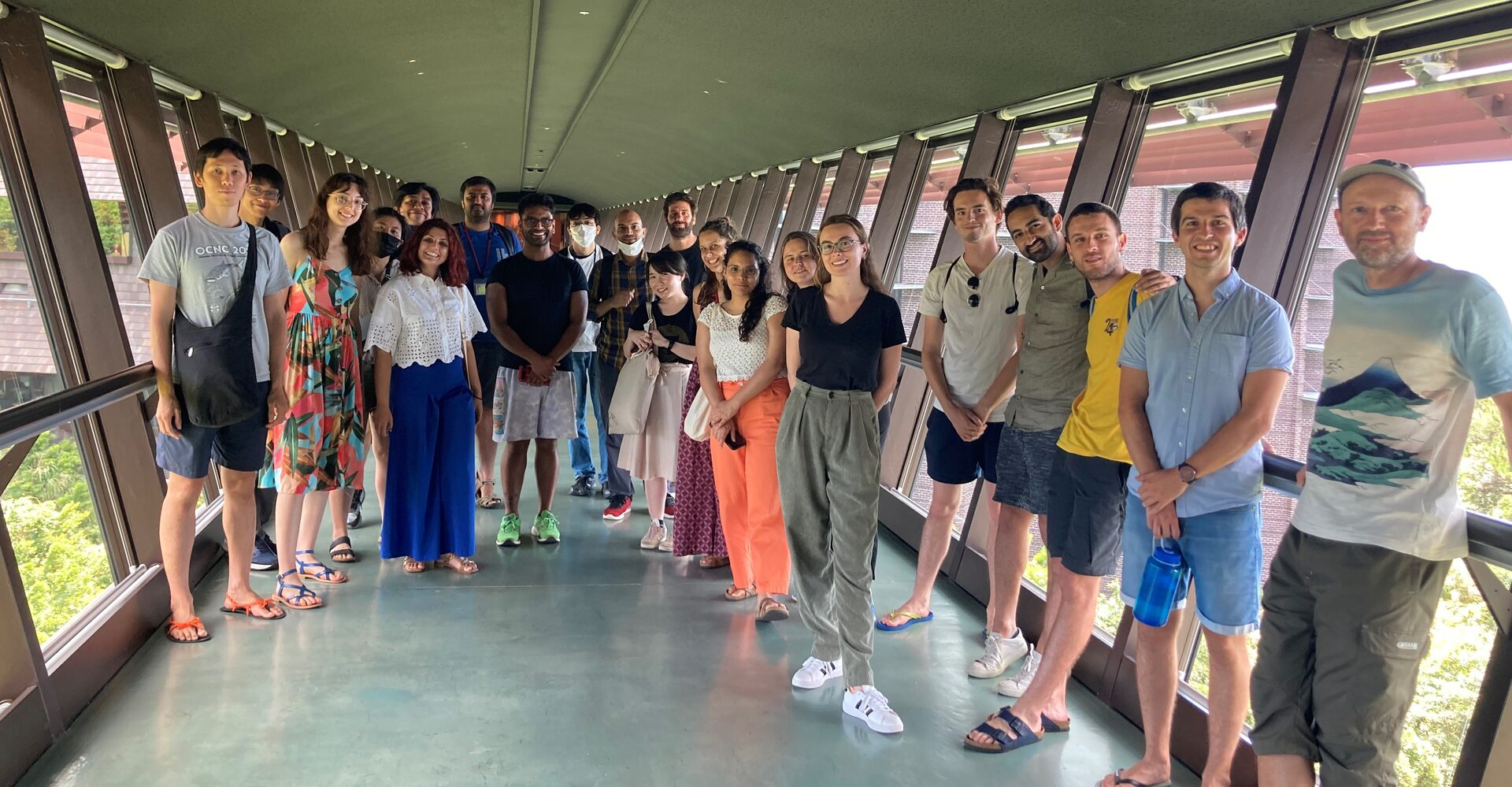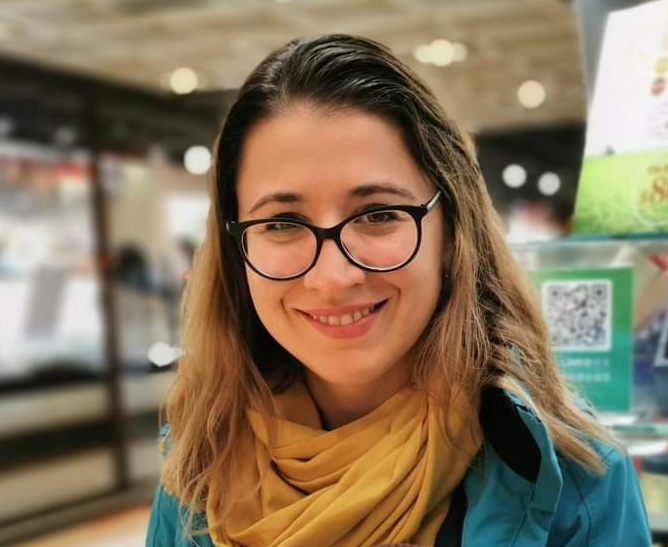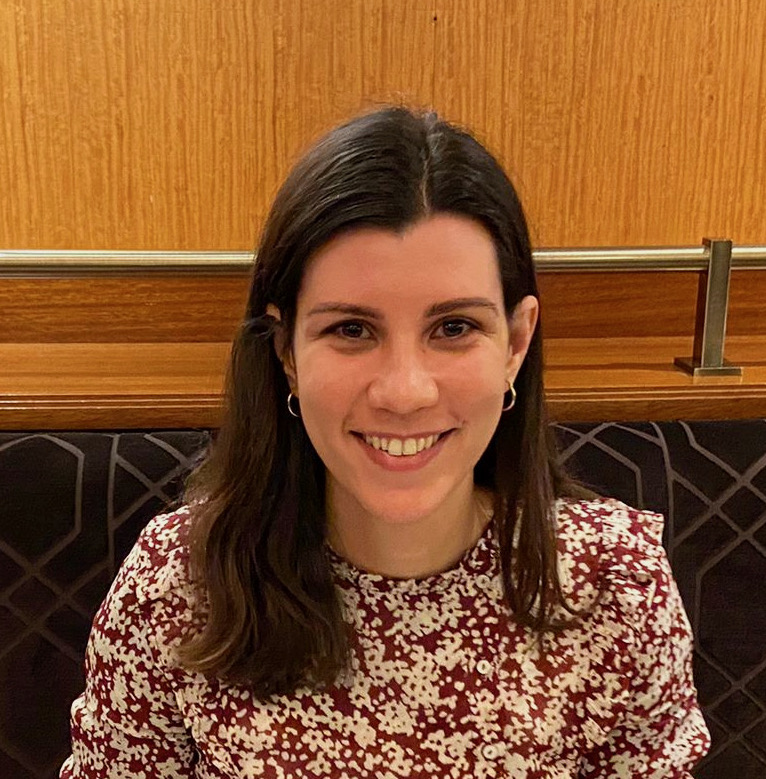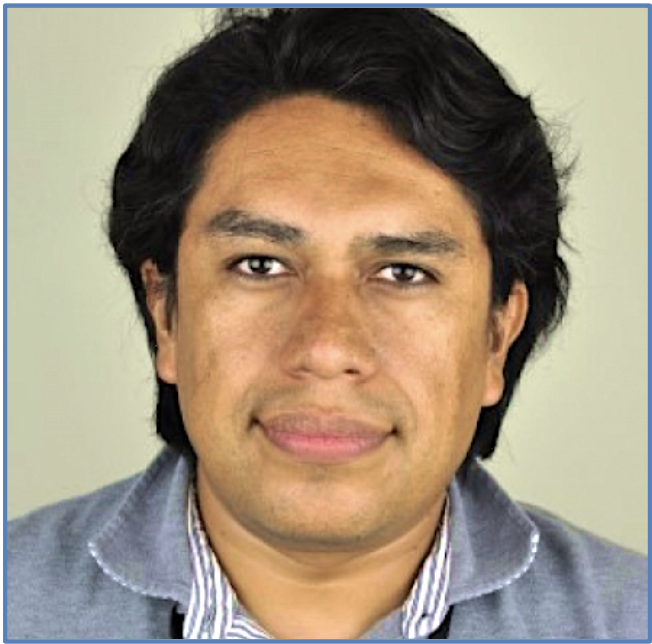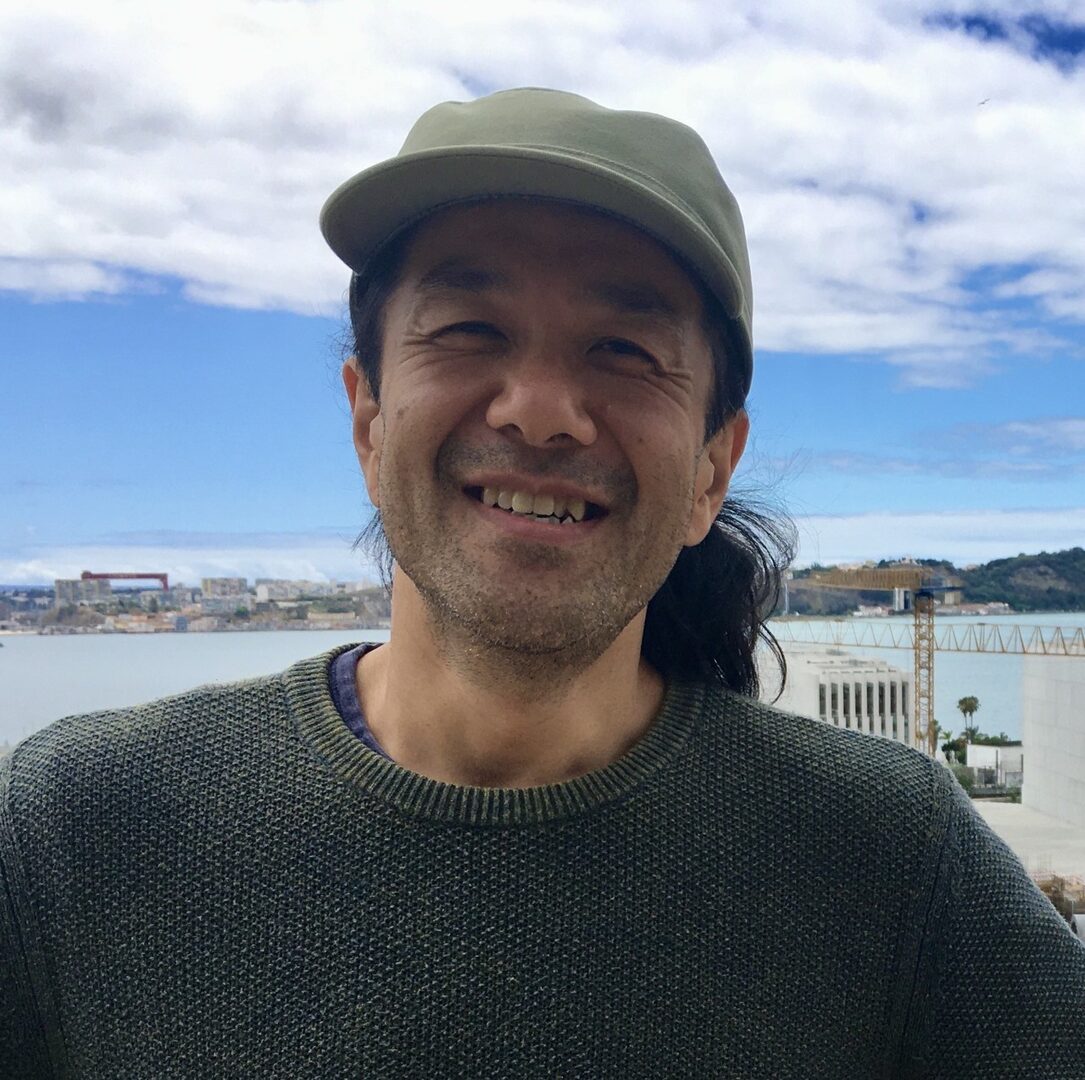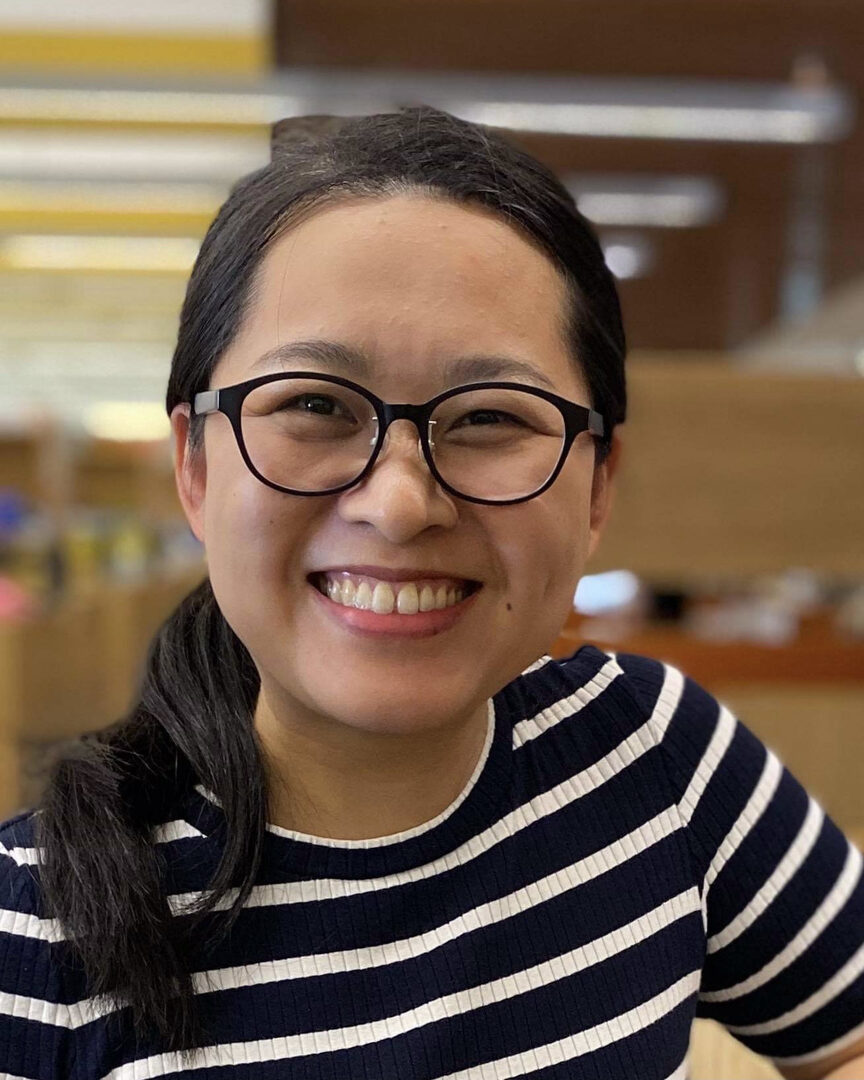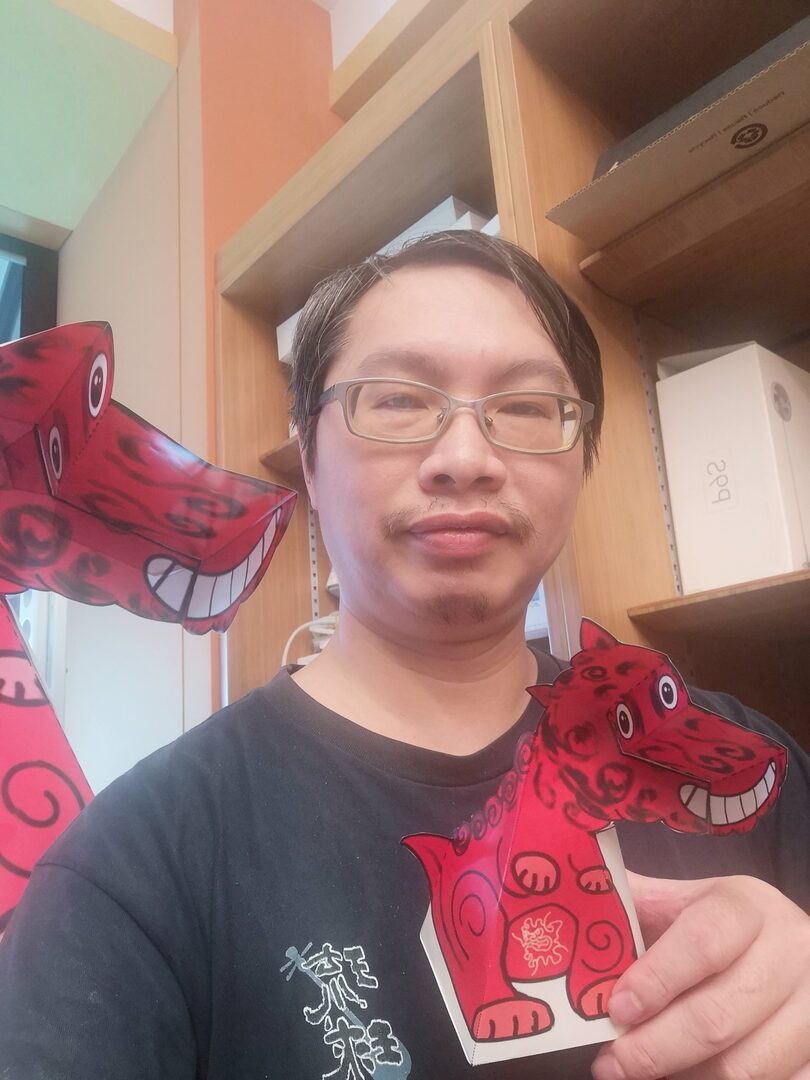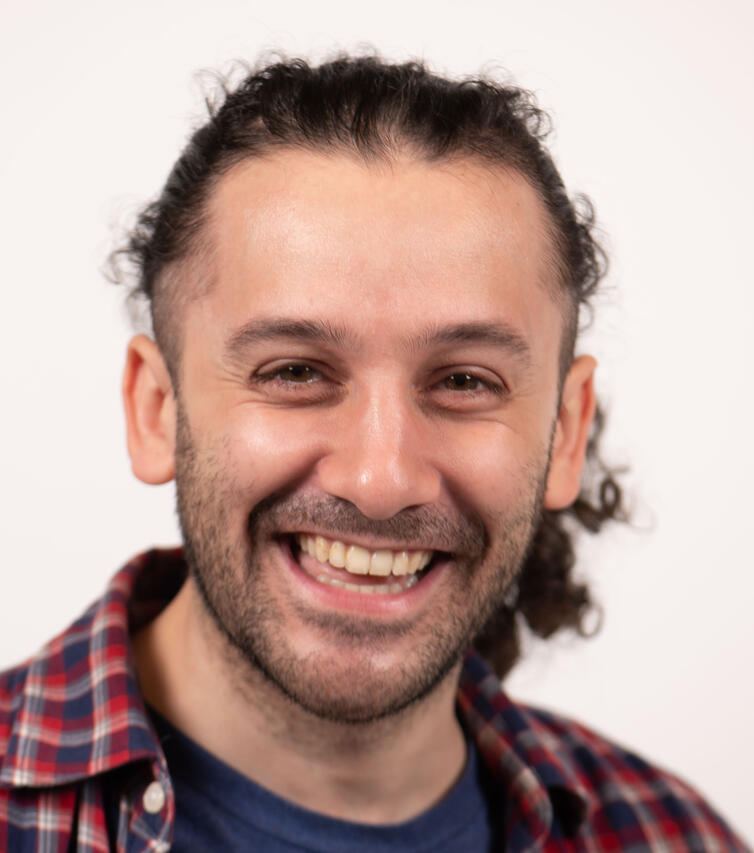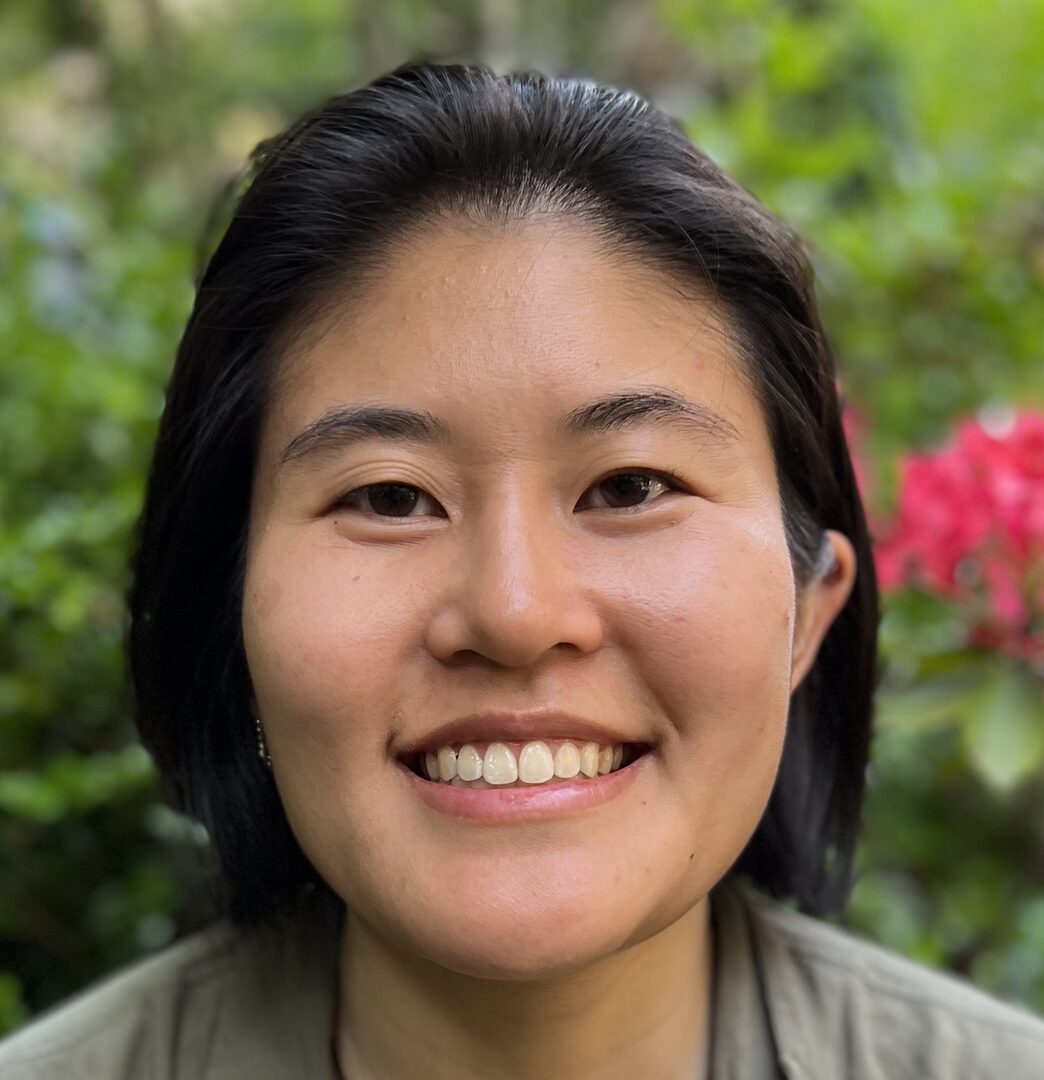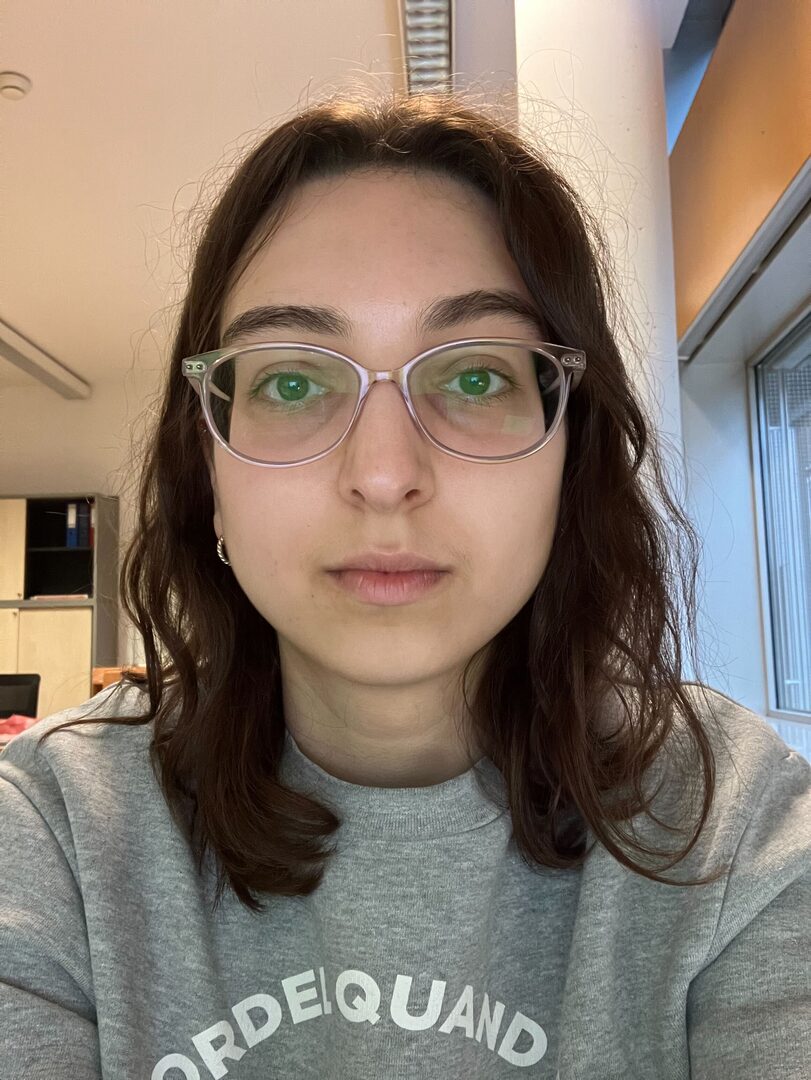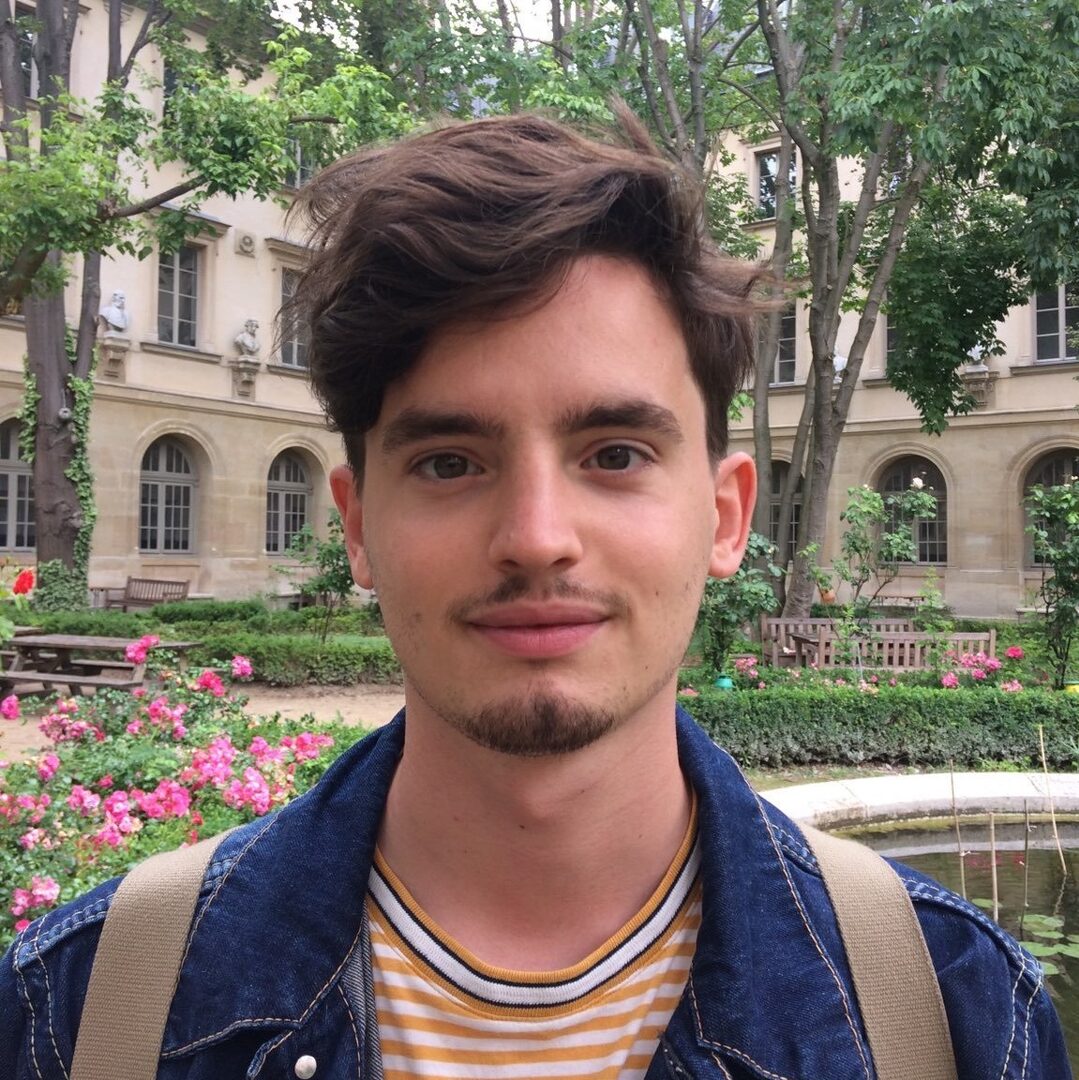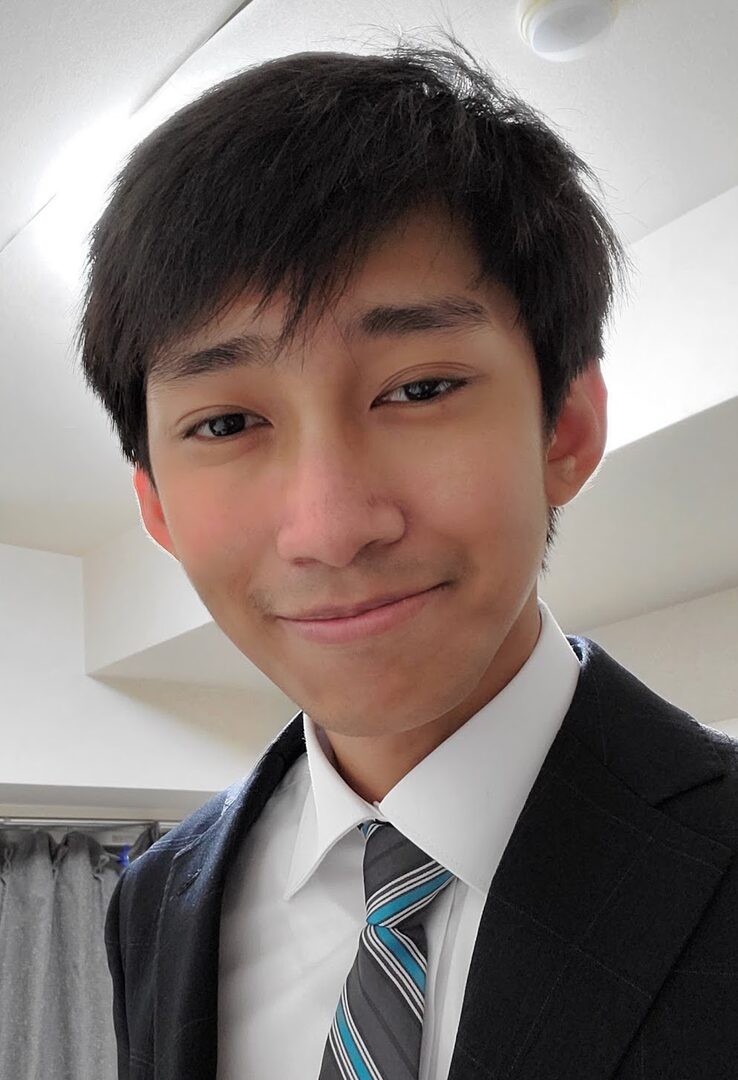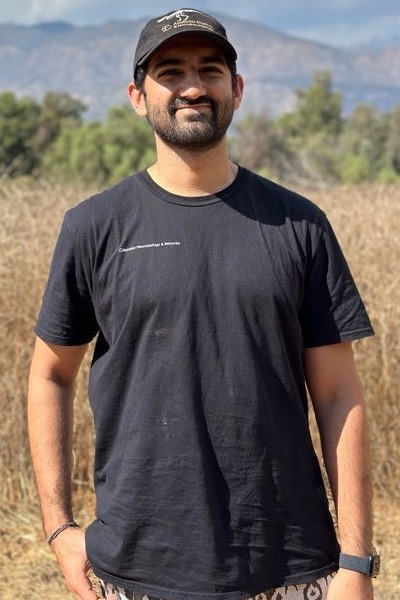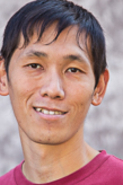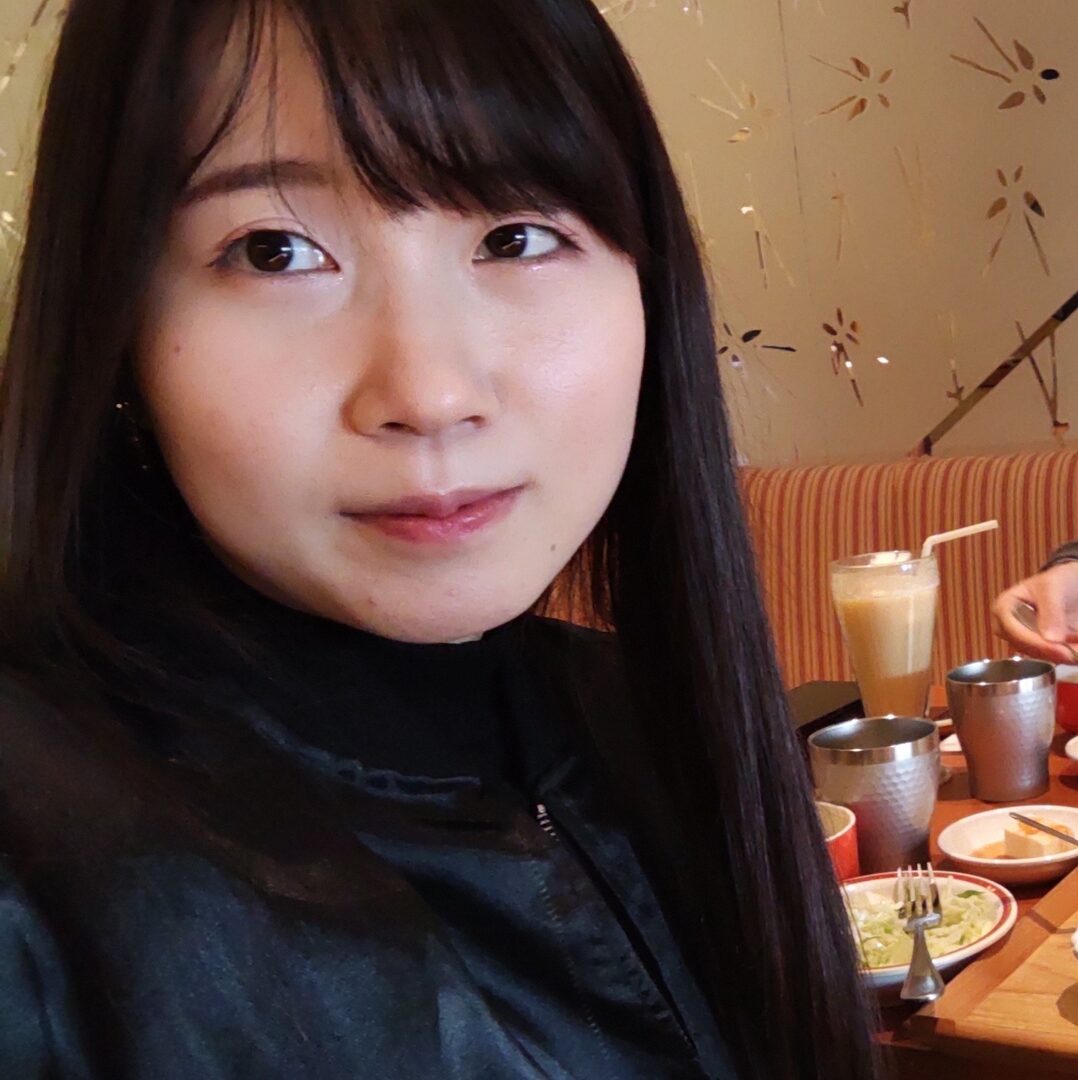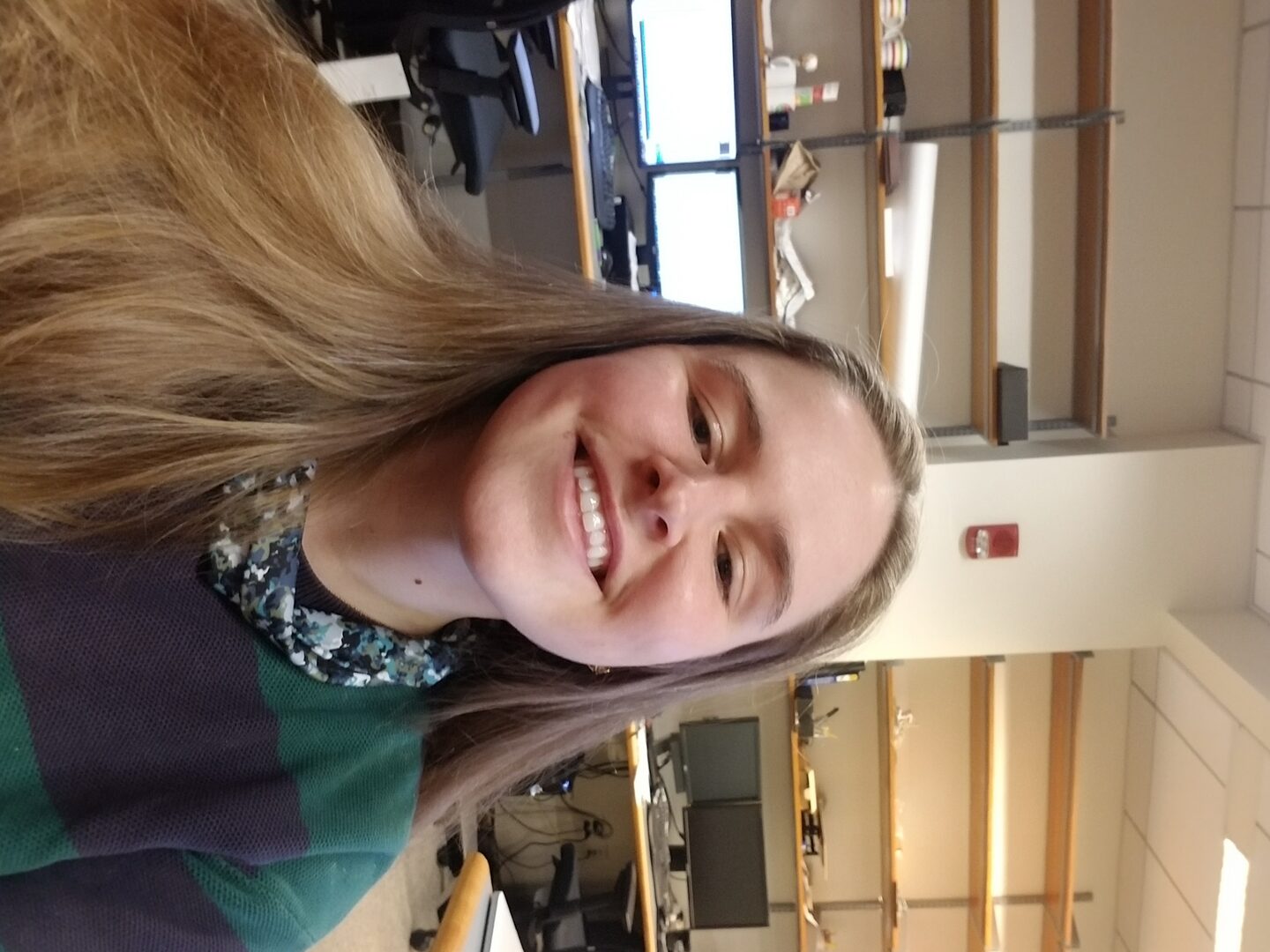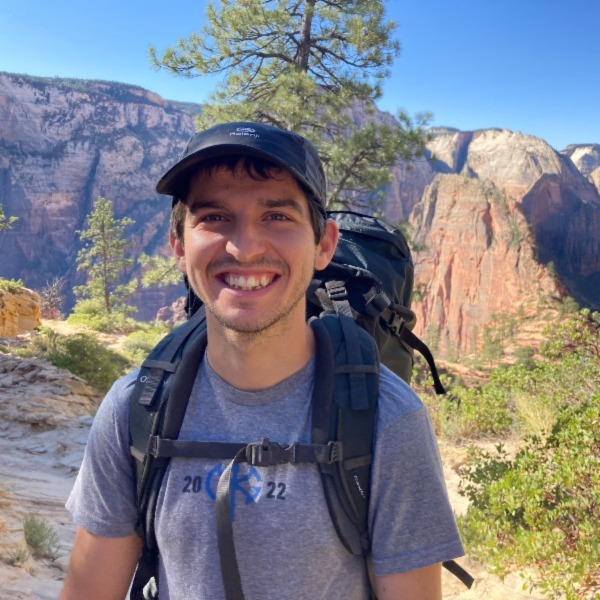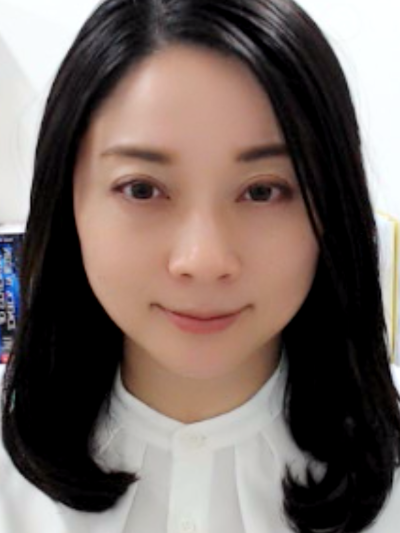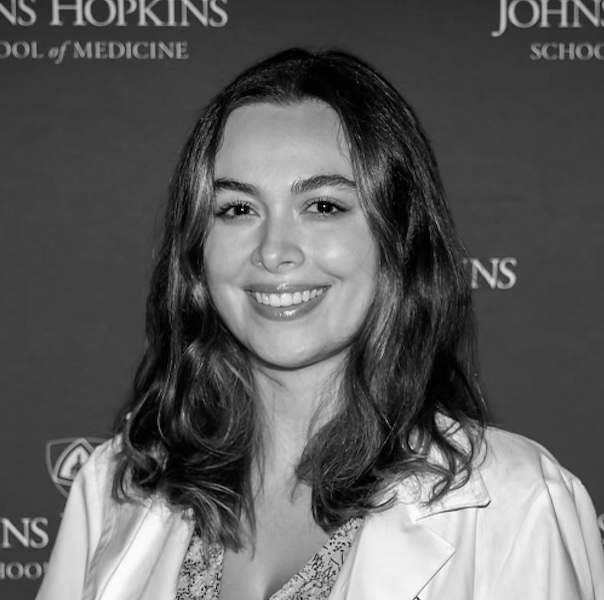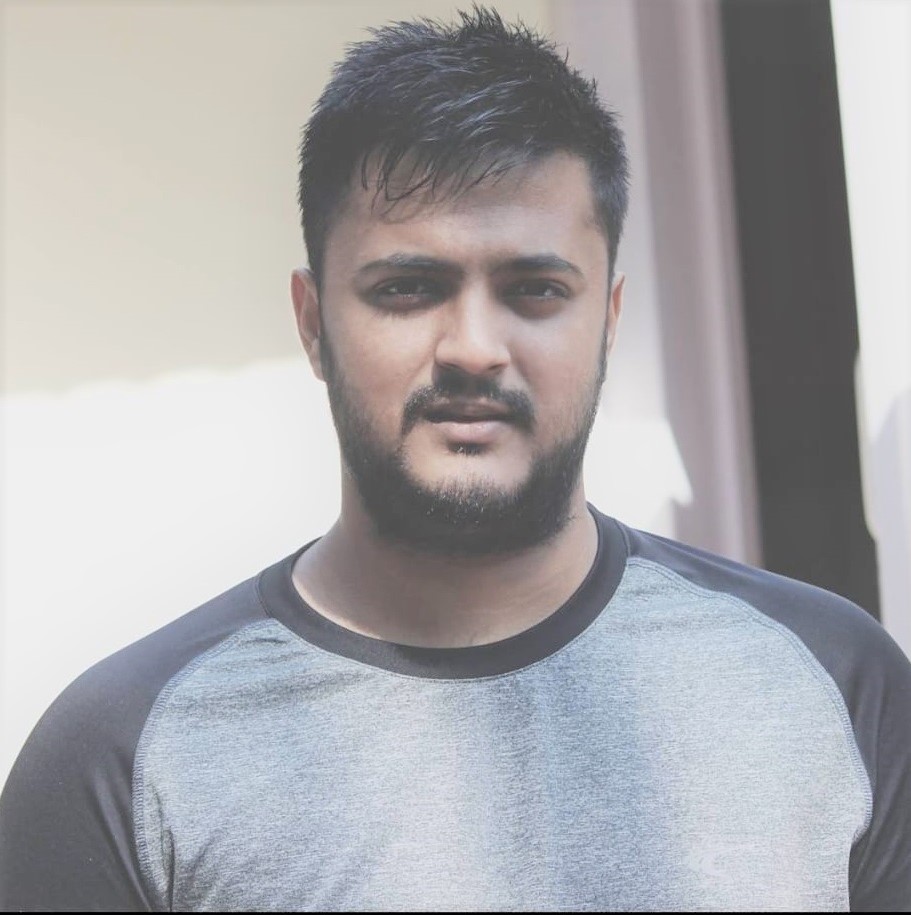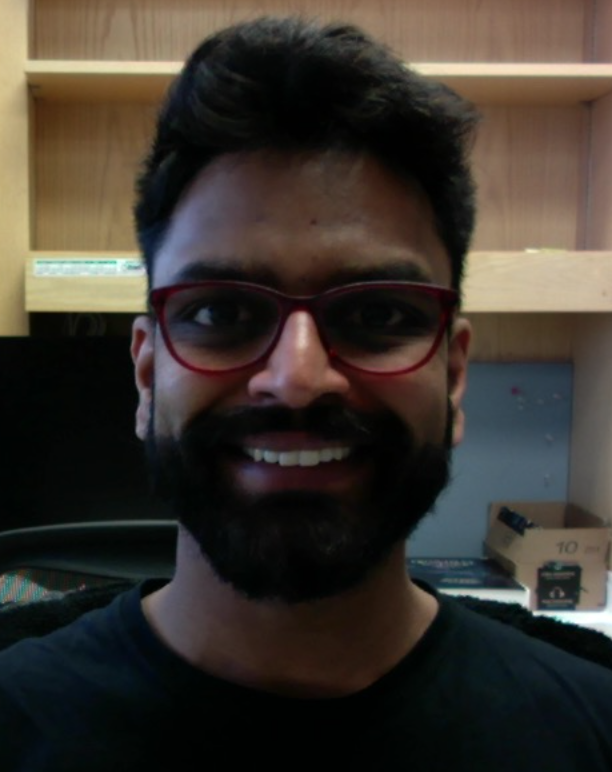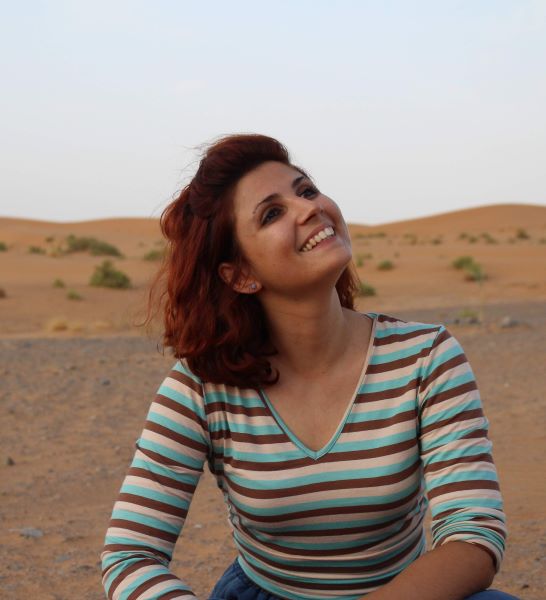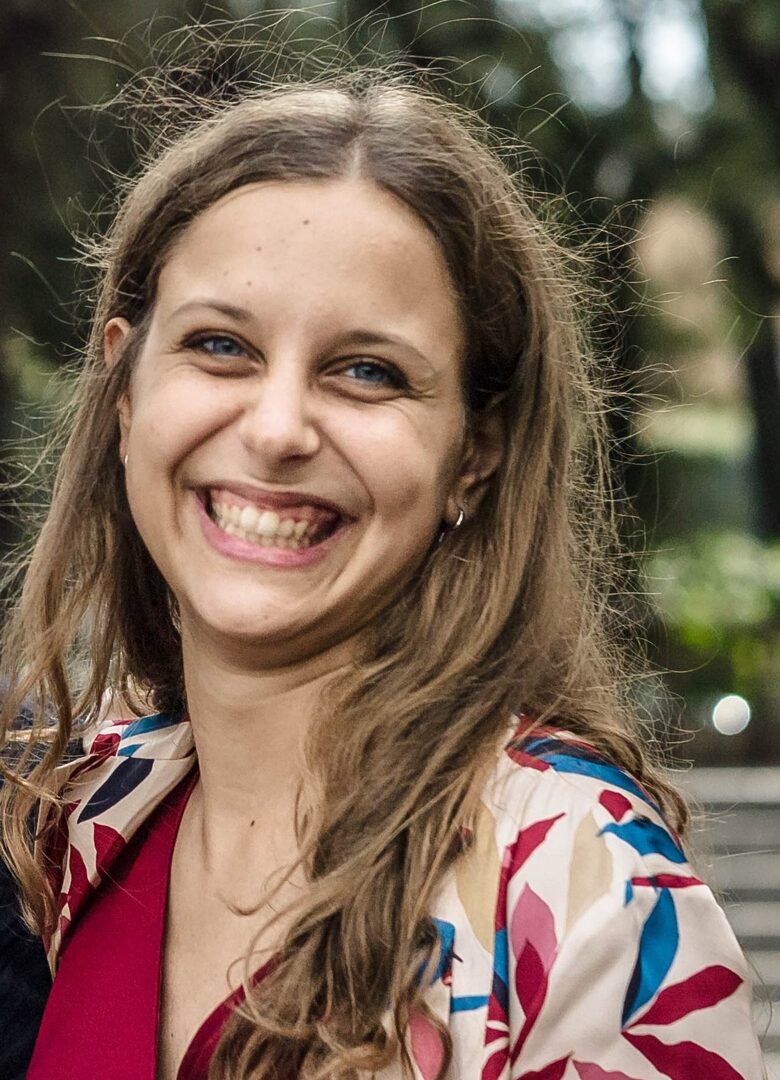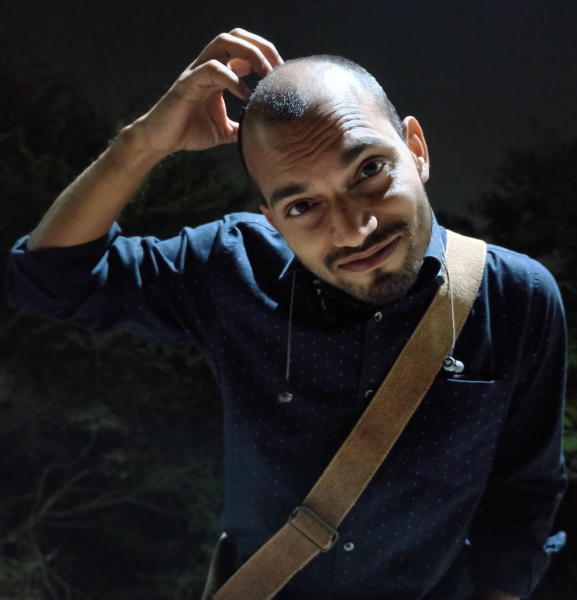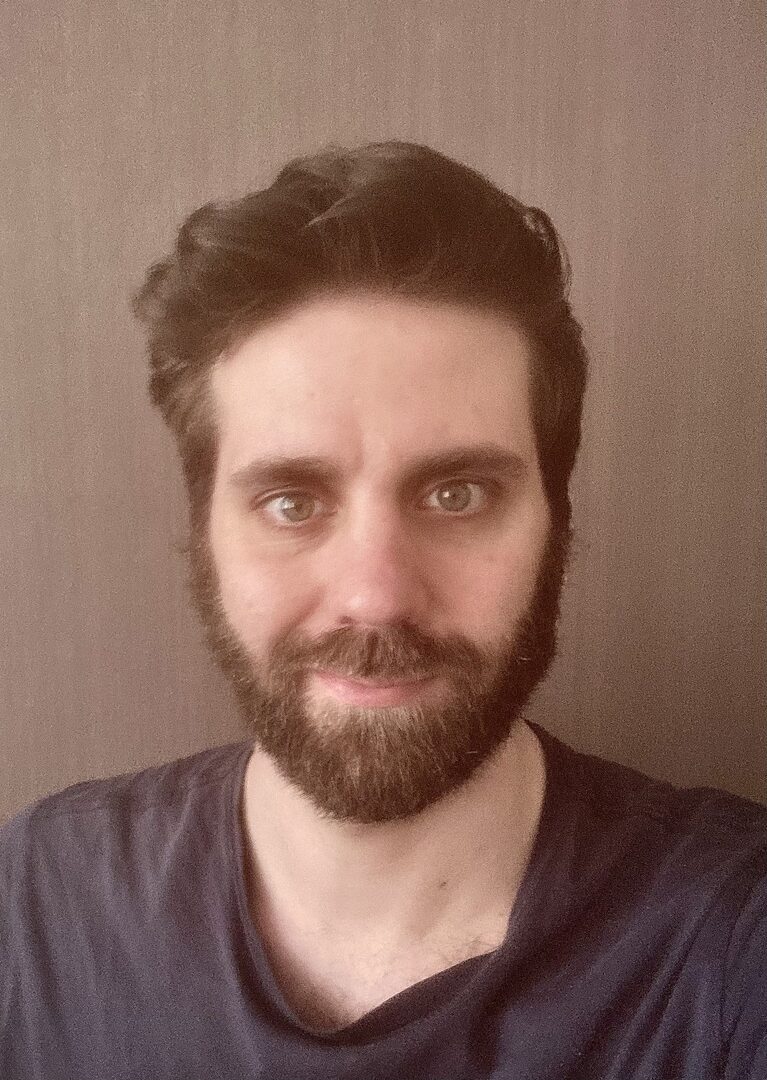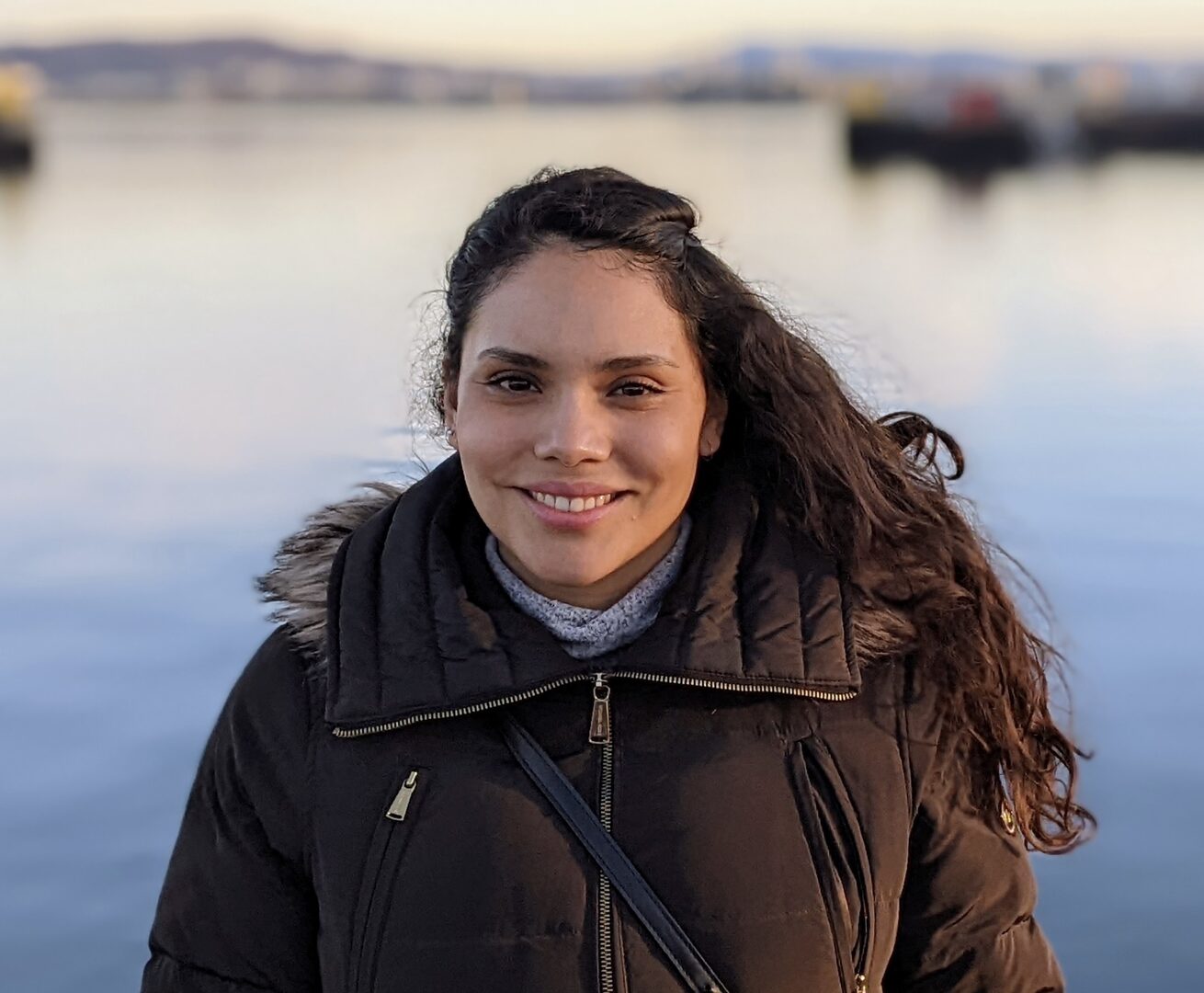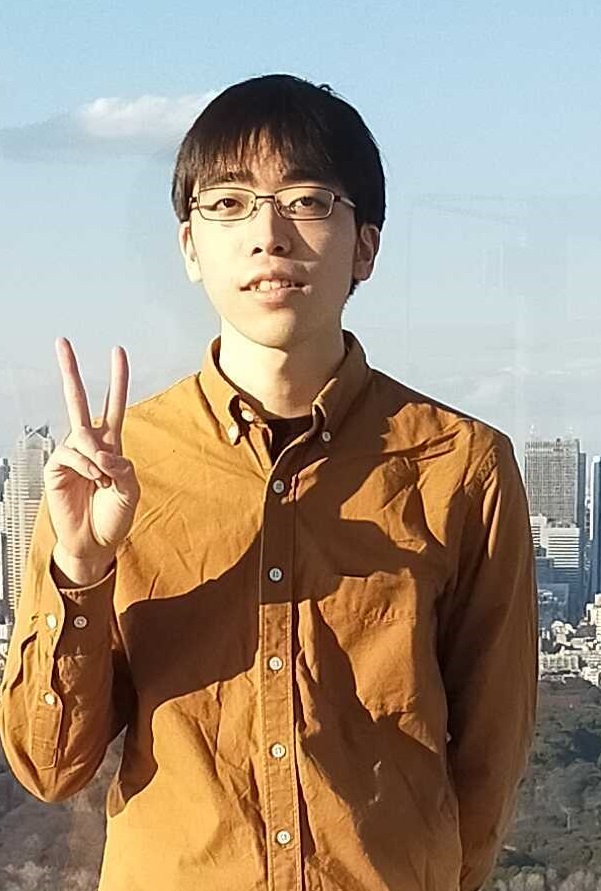Tutors and Participants
Tutors
Gabriela Cirtala (Postdoc, Computational Neuroscience Unit, OIST)
I am a Postdoc in the Computational Neuroscience unit led by Prof De Schutter at OIST. I joined the lab about two years ago and I have been working on Purkinje cell modeling ever since. I am a mathematical modeler by background and I obtained my PhD in math (applied to neuroscience) under the supervision of Prof. Gerardo-Giorda and Prof. Calvetti. My previous work concerned the interaction between the electrophysiology, metabolism and hemodynamics in a neuron-astrocyte model, which we modeled through multi-scale systems of differential equations. As hobbies, I love hiking, spending my time in nature and swimming in the Okinawan beautiful sea. I am a bit of a nerd, I love scifi movies and boarding games!
Looking forward to meeting you all! I will do my best to help guide you learn new and cool stuff.
Expertise Info: Computational Neuroscience, Purkinje Cell Modeling, Dendrites, Mathematical Modeling, Multi-scale Modeling, Differential Equations, Dynamical Systems, Neuron-Astrocyte Interaction, Ischemia, Cortical Spreading Depression
Software: NEURON, Matlab
Inês C. Guerreiro (Postdoctoral researcher, Imperial College London)
I am a Postdoc in the Computational Neuroscience Lab led by Claudia Clopath at Imperial College London. Since joining the Clopath’s group, I have been working on network models of memory consolidation. I’m interested in studying how the hippocampus and mPFC interact and support memory formation at different stages. For that, I use a machine learning algorithm to train a hippocampo-cortical network to reproduce experimental data and infer the directionality of interactions between the two regions. I’ve also been developing a theoretical model to investigate the role of both regions in memory encoding and consolidation.
Some of my previous work includes the study of the disinhibitory mechanisms modulating synaptic plasticity in the hippocampus using biophysical models, and the generation and maintenance of theta oscillations in the entorhinal-hippocampal circuit using mean-field models.
Expertise Info: calcium-based synaptic plasticity models, mean-field models, hippocampal microcircuits, hippocampal theta rhythm, hippocampo-cortical mechanisms of memory consolidation
Software: Python, XPP/XPPAUT
Carlos Enrique Gutierrez (Research Scientist, SoftBank Corp.)
Hello everyone, my name is Carlos Gutierrez, and I am a computational neuroscientist currently working at SoftBank Corp. My primary focus is on applied brain research, specifically the modeling of the basal ganglia and reinforcement learning using spiking neural networks. Previously, I worked as a postdoctoral scholar at the Neural Computational Unit under Prof. Doya at OIST, and as an IT consultant at both IBM and the Inter-American Development Bank.
My primary scientific interests include brain modeling, dynamics of neurodegenerative diseases, bio-inspired AI, and supercomputing. Additionally, I am involved in building data interfaces and web application tools that aim to improve brain model specifications and predictions.
I'm excited to be a part of this community and look forward to meeting you all.
Expertise Info: Brain modeling by spiking neural networks, NEST, SNNbuilder, Optimization, Machine learning.
Sungho Hong (Group Leader, Computational Neuroscience Unit, OIST)
I am a staff scientist in Erik De Schutter’s Computational Neuroscience lab at OIST. I am interested in how diverse physiological mechanisms work together in neural systems to provide ingenious solutions to complex problems. As part of my recent research, I have built a complex and detailed model of the cerebellar neural circuit as well as found computational principles for cerebellum-dependent sensorimotor learning based on experimental data. I also have been working on the circadian rhythm system, such as the suprachiastmatic nucleus, where I built network models to explain experimental data. I’m excited to be part of the course again and look forward to seeing you all!
Expertise info: Single neuron and/or neural circuit modeling via NEURON, machine learning-based neural data analysis+modeling, numerical programming in Python and Matlab.
Yuzhe Li (Postdoc, Neural Computation Unit, OIST)
I am a postdoctoral researcher in the unit of Kenji Doya in OIST. I started my academia with computer science and informatics, and then shifted it to computational neuroscience field. And now I am doing statistical analysis on calcium imaging data, and established my animal experiment project. My interest is to compare machine learning algorithm with brain functions, explore and develop statistical methods for neural data.
Expertise Info: Bayesian modeling, calcium imaging analysis, transfer entropy, causality analysis, connectivity. Python, Matlab.
Technical support
Weiliang Chen (Staff Scientist, Computational Neuroscience Unit, OIST)
Welcome to Okinawa!
I joined the OIST CNS unit in 2009, June, right before OCNC2009, and have been the technical support for the course ever since. If you have any technical issues during the course, for example, dropping your laptop into the ocean (lol, hopefully not), or software issue with the tutorial docker image, etc, please contact me or the organizer team at SH.
I am also the co-developer of the STEPS simulator so if you have question regarding STEPS you can ask me as well.
Gaston Sivori (PhD Student, Neural Coding and Brain Computing Unit, OIST)
Hi new friends! I'm Gaston from Argentina. I am a 5th-year PhD student here at OIST and I participated in OCNC as a listener (2019), student participant (2022), and now as a technical support (2023). My research interests are straight-forward: what kind of computations underlie sensory perception and how cortical computations endow us with conscious experience. I train biologically-plausible models that reproduce computational features observed in biological neurons!
In my free time, I enjoy climbing walls, playing basketball, jamming jazz tunes, and roleplaying Dungeons&Dragons among other TTRPGs. Also BBQ and camping!!
Participants
Galen Chuang (Ph.D student, UC Berkeley)
I am a PhD student in Bruno Olshausen's lab at the Redwood Center for Theoretical Neuroscience at UC Berkeley. I am interested in developing models of how the brain might form robust representations of objects and parts of visual scenes in a hierarchical manner. At OIST, I am excited to learn about parts of computational neuroscience that I have less experience with, such as biophysical modeling and working with experimental data.
Alice Dauphin (PhD Student, TU Graz)
I am a PhD student in Wolfgang Maass lab in Austria. My work focuses on modelling learning mechanisms in the brain.
In Okinawa I wish to learn more about experimental neuroscience and biophysical modelling and hopefully could incorporate these insights into my future work!
Geoffroy Delamare (PhD Student, Imperial College London)
I am a PhD student in the lab of Prof. Claudia Clopath at Imperial College London. My research interest focuses on understanding memory circuits from a computational perspective, especially investigating the role of intrinsic neural excitability in memory allocation and linking. Looking forward to meeting you all in Okinawa!
Mattia Della Vecchia (Ph.D Student, École normale supérieure)
I am PhD student at the Group for Neural Theory in Paris. I work with Alex Cayco Gajic on computational models of the cerebellum and its learning algorithms. I have a background in engineering and theoretical physics, but I have always been fascinated by the brain. My goal is to learn more about how the brain learns, and I focus my projects at the interface between neuroscience and artificial intelligence. Lately, I have been most interested in reinforcement learning and behaviour.
I love to cook and spend time outdoor, especially for hiking and climbing.
Mark Christian Guinto (Postdoctoral researcher, Fujita Health University)
Hello!
I am a postdoctoral researcher at the Division of Computational Science, International Center for Brain Science, Fujita Health University in Aichi, Japan, under the supervision of Prof. Junichiro Yoshimoto. Currently, my work includes modeling intrinsic motivation in reinforcement learning and developing computational methods to analyze whole brain activation maps and tease apart the brain circuits that get dysregulated in addiction. Before coming to FHU, I obtained my PhD in Materials Science from the Photonic Device Science Laboratory, Nara Institute of Science and Technology (NAIST) in 2022. In my free time, I enjoy drawing, writing calligraphy, and playing the piano.
Rahim Hashim (PhD Student, Columbia University)
I am a PhD student in Daniel Salzman's lab at Columbia University, studying the geometry of neural representations of variables describing emotional states, including valence, intensity, persistence, and generalizability. My central research goal is to describe the process by which observable behavior anticipating positive, neutral, and negative outcomes is predicated upon neural signals in amygdala, prefrontal cortex (PFC), and hippocampus — brain areas previously shown to encode valence, learning, rules, and/or reward-related information. The results of this research require an application of both classical and novel computational analysis techniques, and this summer at OIST, I hope to build models that will incorporate the neural, behavioral, and video data that I have gathered.
Outside of research, I enjoy playing basketball, watching anime, reading sci-fi/fantasy, and trying new halal food trucks around New York City.
Junya Inoue (Ph.D student, University of Tübingen)
I am originally from Japan, but I'm studying in Germany. I came to neuroscience from an engineering background. I am interested in how the brain controls and learns movements. My research focuses on how the cerebellum optimizes goal-directed movements such as saccades. For that, I like the computational approach.
Yuki Ishikawa (Ph.D student, Keio University)
I have a master's degree in electronics and medicine, and I am currently a PhD student in neuropsychiatry research at i2Lab at Keio University. My previous research has focused on exploring physiological indicators based on differences in biological signals between depressed patients and healthy subjects, as well as the relationship between biological signals and depression risk in unlabeled depressed patients, using data-driven methods to understand the pathophysiology of depression.
I believe that psychiatric disorders are caused by dysfunctions and modulations of the brain and neural circuits, and I hope to contribute to our understanding of their biological basis, as well as their pathophysiology, diagnosis, and treatment.
In this OCNC program, I plan to implement my theoretical hypothesis by creating a mathematical model of depression using theory-driven methods. I am excited to collaborate with all of you and look forward to meeting everyone!
Ugne Klibaite (Postdoc, Harvard University)
Hi all! I'm broadly interested in animal behavior and building rigorous computational tools to describing behavioral structure across scales. During this course I hope to elevate my work in characterizing complex social behavior, particularly in rats models of neurodevelopmental disorders. More personally, I have dreamt of visiting Japan for the last decade and am very excited for this opportunity. Looking forward to meeting you all and hearing about your work!
I have solid experience in videography, hardware, computer vision techniques, behavior quantification pipelines, and mostly work in MATLAB. However, I hope to become more proficient in python during this course and to use python for at least part of the project phase. I am hoping for a TA match with someone who can introduce me to best practices for setting up a workflow and debugging platform for my 'big data' applications as well as someone who has expertise with dynamical systems modeling - which I am hoping to learn to apply to my preprocessed data while here.
Balint Kurgyis (PhD student, Stanford University)
I am a physics PhD student at Stanford University, working with Shaul Druckmann on computational neuroscience. I am interested in persistent neural encoding of cognitive and enviromental variables. I am working on data analysis of neural recordings from behaving animals as well as trying to get a more general understanding of this phenomena through computational modeling and theory.
I am looking forward to meeting everybody at OCNC2023!
Asako Nagase (Project Researcher, Tottori University)
Hello! I am Asako. I am a post-doc. I study decision-making based on efforts and rewards, and further, motivational disorders. For now, I use the approach of value-based decision-making, but I am now trying to expand my knowledge and methods to neural dynamics. Therefore, in this course, I hope to learn broadly computational neuroscience. I am also interested in both theoretical and empirical approaches. I am looking forward to seeing all of you!
Pelin Ozel (Ph.D. Candidate, Johns Hopkins University)
Currently, I am a Neuroscience PhD student at Johns Hopkins University, School of Medicine advised by Prof. James Knierim. Previously, I completed my undergraduate studies at Dartmouth College while completing my undergraduate thesis work in the lab of Prof. Jeffrey Taube. My work broadly explores episodic memory and asks how exploration states drive representational formation of spatial and non-spatial information in the hippocampus. Outside of the lab, I enjoy hiking, cycling, and creating art.
Looking forward to meeting you all in Okinawa!
Shiladitya Laskar (Ph.D Student, Technion)
I am a graduate student at Technion, Israel Institute of Technology. I am part of Dori Derdikman Lab. Our team is interested in how space is represented in the brain. I am interested in the properties of population code, representing space in the mammalian hippocampus.
Yugarshi Mondal (Postdoc, Brandeis University)
I work on computational models of activity-dependent homeostasis. I'm looking for different ways to extend these models. This includes applications of these models to specific systems (e.g. retinal cells, STG) and assessing the consequence of incorporating other biophysical processes to these models (e.g. calcium dynamics).
In my spare time, I read math books, go salsa/batchata dancing, reading about mindfulness, and listen to electronic dance music. I also like traveling and exploring new places.
Giusy Pizzirusso (Ph.D. Student, Karolinska Institute-KI/NIH program)
My name is Giusy, I am an Italian medical doctor currently doing a PhD in Sweden. The main goal of my research is to increase our understanding of the cellular and synaptic mechanisms underlying neuronal synchronization and electrical oscillations in neuronal networks during physiological and pathological states. Specifically, I use ex-vivo electrophysiology to investigate gamma frequency oscillations in the neuronal networks of the hippocampus, which plays an important role in higher brain functions that are affected by various brain disorders.
I am a voracious reader, theatre lover and compulsive traveller. Looking forward to this course!
Sofia Raglio (Ph.D. Student, "Sapienza" University of Rome)
I am a second-year Ph.D. student in Behavioral Neuroscience at "Sapienza" University of Rome. My background is in Physics, and the main goal of my current project is to understand how non-human primates could perform transitive inference task (deducting that A>C only knowing that A>B and B>C). I am working both on task modeling and analysis of ECoG data recorded from monkeys. I am very excited to join OCNC this summer, I am looking forward to meeting you all in Okinawa!
Nishant Singh (PhD student, Indian Institute of Science Education and Research)
I am a physicist from India who turned to neurons during PhD. I studied form-function relation between synaptic design and short-term plasticity at hippocampal neurons using computational approaches. In the next stage of my career I'd like to study dynamics that network of neurons produce, towards a grand goal of understanding how our brain processes information. When away from work, I read books, fiction and non-fiction alike. You may also catch me making origami, stitching a notebook, gardening, pretending to read someone's hand, learning a language or simply peeking at trees, birds, leaves, flowers. Poetry and long walks are my therapy. I thoroughly enjoy discussions and I'm looking forward to stealing a few perspectives from you all on neurons, science and everything else. Hope to learn as much as I can. See you all soon!
Kaaya Tamura (Ph.D Student, the University of Electro-Communications)
I am a PhD student at the University of Electro-Communications with a background in computer science. I am intrigued by brain mechanisms that allow us to perform complex functions; motor control, thinking, emotion, and so on. In particular, I am now interested in the computational capacity of a single neuron and what it makes possible. Therefore, I am studying dendritic computation and multi-compartment model simulation. I am looking forward not only to learning computational neuroscience but also interacting with everyone in the wonderful environment.
Jasper Teutsch (Ph.D.Student, Newcastle University)
I am a PhD student at Newcastle University. Being trained in animal experimentation I investigated different types of rodent learning and behavioural flexibility. My current focus is on dissecting hierarchical prefrontal-sensory interactions during adaptive behaviour by employing longitudinal 2-Photon Imaging in behaving mice. During the OCNC I plan is to learn more about computational techniques and then create a framework that can capture both state-dependent hierarchical interactions as well as experience-dependent modulation of these.
Citlalli Vivar Aburto (PhD candidate, CRM)
I'm a PhD candidate in Computational Neuroscience at the Centre de Recerca Matemàtica in Barcelona, with a primary research interest in decision-making. Specifically, in understanding the dynamic integration of neural activity and the possible correlation between neural pathways that drive the decision-making process. My thesis focuses on firing rate models of perceptual decision-making, and I'm currently exploring a potential mechanism for flexible accumulation of sensory evidence. When I'm not immersed in research, I enjoy meeting friends, going on short hikes, and exploring new places. I'm excited about the opportunity to attend to the course and to connect with like-minded individuals in the field. I'm looking forward to meet you all in Okinawa!
OIST participant
Naohiro Yamauchi (PhD Student, OIST)
I am a PhD student in Doya Unit at OIST. I am interested in understanding life from the perspective of how microscopic molecular and cellular interactions enable sophisticated information processing as a whole. In the laboratory, I study sensory and motor information processing in the cerebral cortex using a combination of animal experiments and computational modeling.
At OCNC, I would like to learn cellular level simulations and machine learning methods. I look forward to meeting you.
Campus tour
